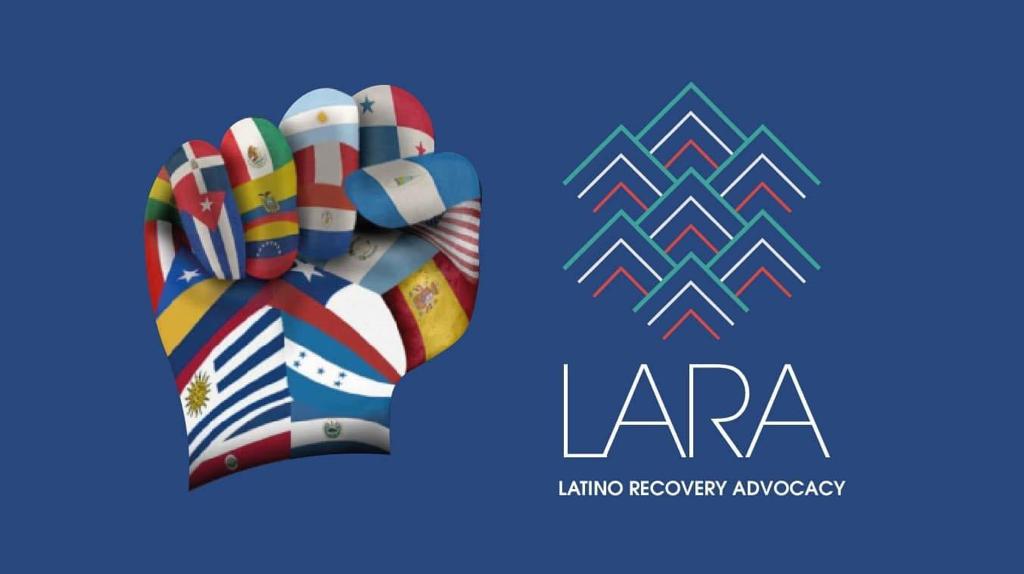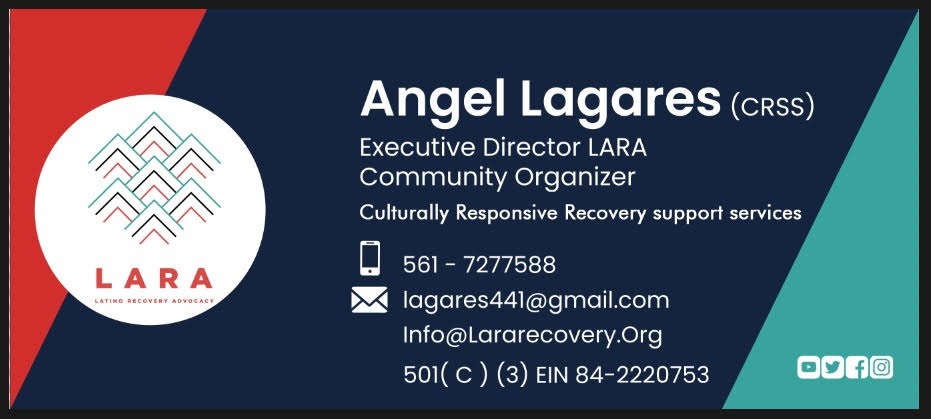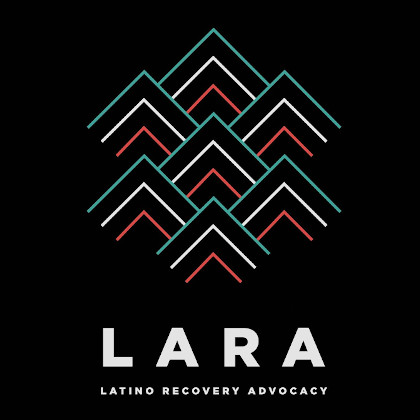A culturally responsive system of outreach is crucial in the Latino community for several reasons: Cultural Understanding: The Latino community is diverse and rich in various cultural traditions, beliefs, and practices. By developing a system of outreach that is culturally responsive, you demonstrate respect for and understanding of the unique cultural backgrounds and values of the community members. This fosters trust, engagement, and effective communication.
- Language Accessibility: Creating outreach materials and programs in Spanish ensures that language is not a barrier to accessing important health information and services. Many Latinos are more comfortable communicating in their native language, and by providing resources in Spanish, you enable them to fully understand and participate in healthcare decisions.
- Health Disparities: Latinos often face disparities in healthcare, including limited access to quality care, higher rates of certain diseases, and lower health literacy levels.
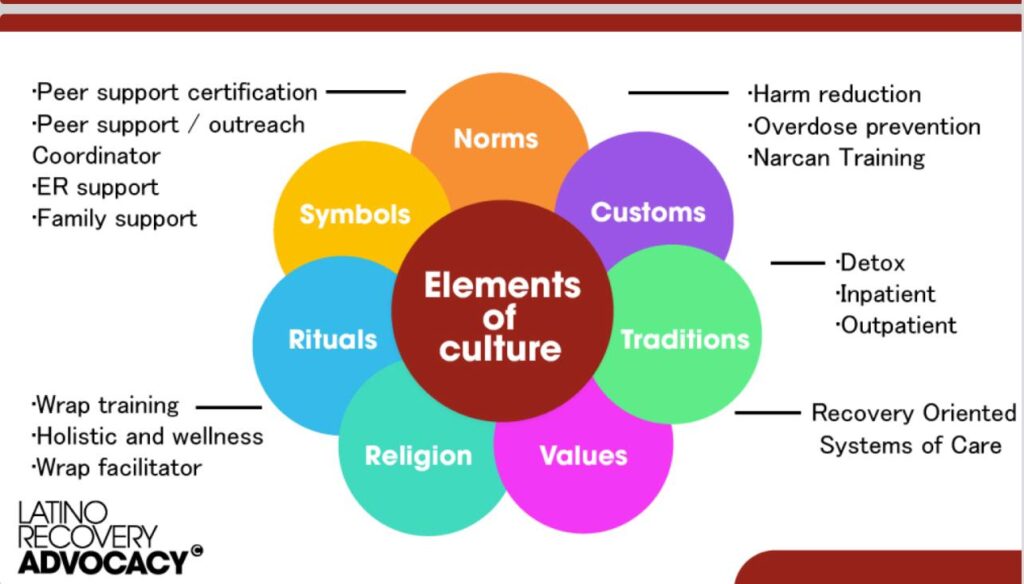
- Language Accessibility: Language plays a significant role in effective communication. Many members of the Latino community may have limited English proficiency, and providing outreach materials, services, and support in their preferred language can remove barriers to access and ensure that important information is effectively communicated. This demonstrates a commitment to inclusivity and makes the community feel valued and respected.
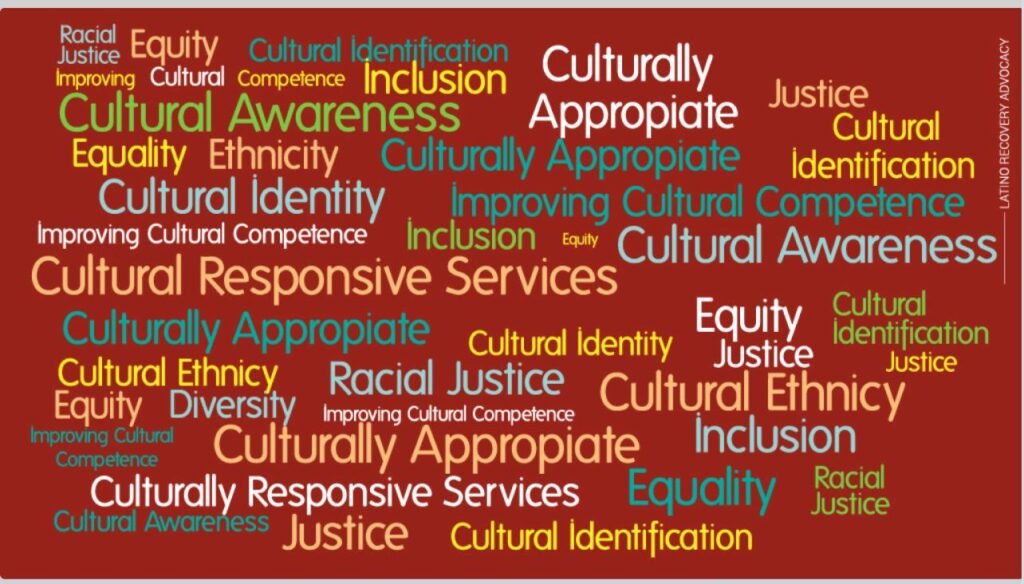
- Addressing Unique Needs: By employing a culturally responsive system of outreach, you can better address the unique needs of the Latino community. This includes understanding the specific challenges they may face, such as immigration status, discrimination, or access to healthcare, and tailoring your outreach efforts to provide relevant resources and support. This approach shows empathy and a genuine desire to meet the community’s needs.
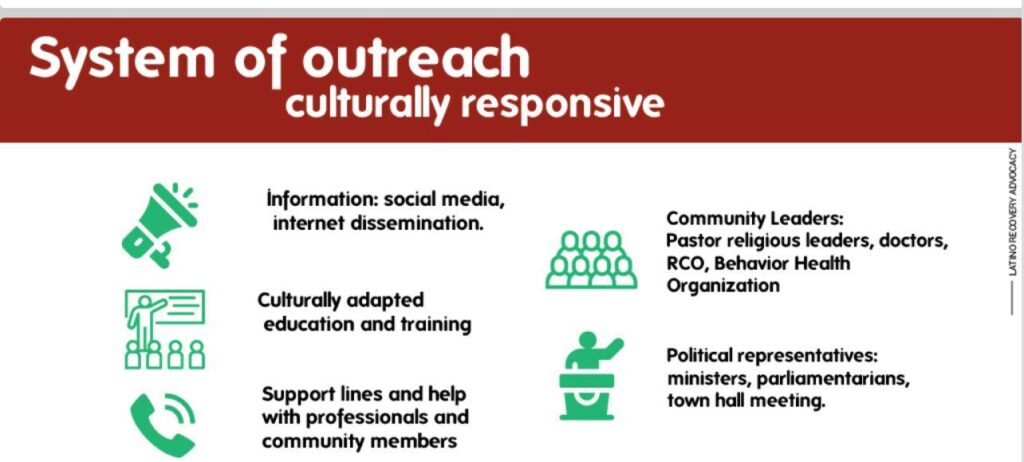
- Building Trust and Engagement: Trust is a crucial component of any successful outreach effort. When the Latino community sees that you are making an effort to understand and respect their culture, language, and needs, they are more likely to trust your organization or initiative. This trust leads to increased engagement, participation, and collaboration, which are vital for achieving positive outcomes and creating lasting change.
- Promoting Equity and Social Justice: A culturally responsive system of outreach in the Latino community is aligned with principles of equity and social justice. It recognizes the systemic disparities and barriers that exist and seeks to dismantle them by ensuring equitable access to resources, services, and opportunities. This approach acknowledges the importance of empowering and uplifting marginalized communities.
In conclusion, a culturally responsive system of outreach in the Latino community is crucial for fostering cultural understanding, addressing unique needs, promoting trust and engagement, and advancing equity and social justice. By implementing such a system, you can establish meaningful connections and make a positive impact within the Latino community.
